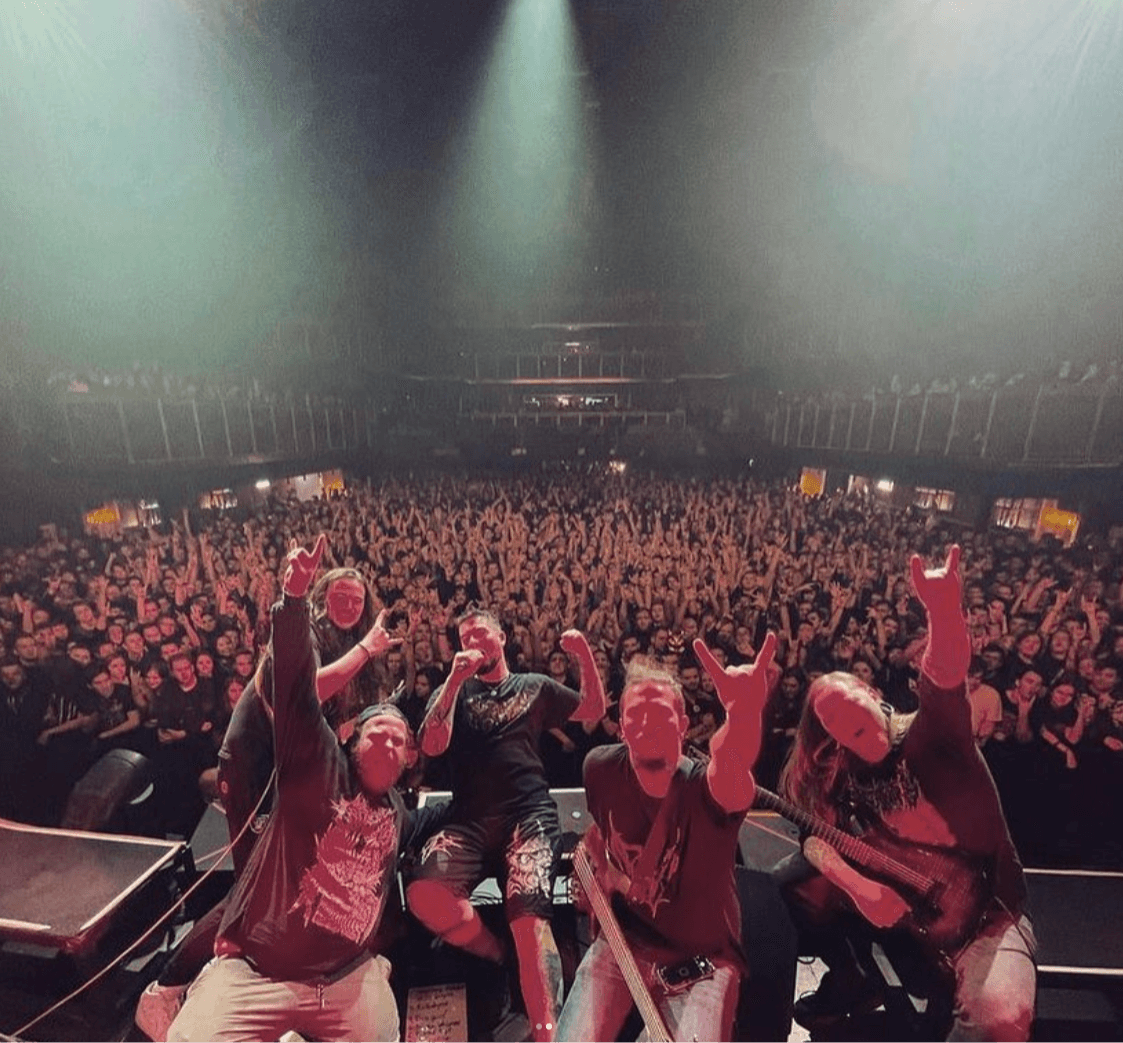We were lucky to catch up with Alexey Kotov recently and have shared our conversation below.
Hi Alexey, so excited to have you with us today, particularly to get your insight on a topic that comes up constantly in the community – overcoming creativity blocks. Any thoughts you can share with us?
As a composer and artist, I experience and listen to music in a way that goes beyond the typical dimensions people usually consider. Alongside melody, harmony, and rhythm, I have an additional “technical” dimension that I use to understand music. For a long time, this became a blocker for me, as I found myself focusing on the technical aspects—treating music almost like a sport, rating it by difficulty. This mindset hindered my ability to focus on the primary goal of music: to bring joy.
In my mind, simple and “primitive” music were almost synonymous. I used to think that if a melody was simple, it probably meant the composer lacked ideas or the technical skill to develop it into something more complex.
The breakthrough came when a friend of mine, who isn’t a musician but a photographer, was describing the technical challenges of taking a photograph. At the time, I didn’t understand all the terms or the intricate details of the process. But what struck me was this: when I looked at a photograph, I didn’t care about the technical difficulties behind it. What mattered was the final result and the emotion it evoked. It dawned on me that most people probably think the same way. They don’t care about the technical details; they just care about the emotional impact of the art.
That realization helped me see that I should view technicalities as tools, not as goals in themselves. I still occasionally wrestle with this barrier, but now, whenever my ego tells me to make something more complex or add extra details, I ask myself: Am I doing this to enrich the composition, or am I doing it to gratify myself?
This shift in perspective has allowed me to focus more on the emotional essence of my work, rather than on the complexity for its own sake.
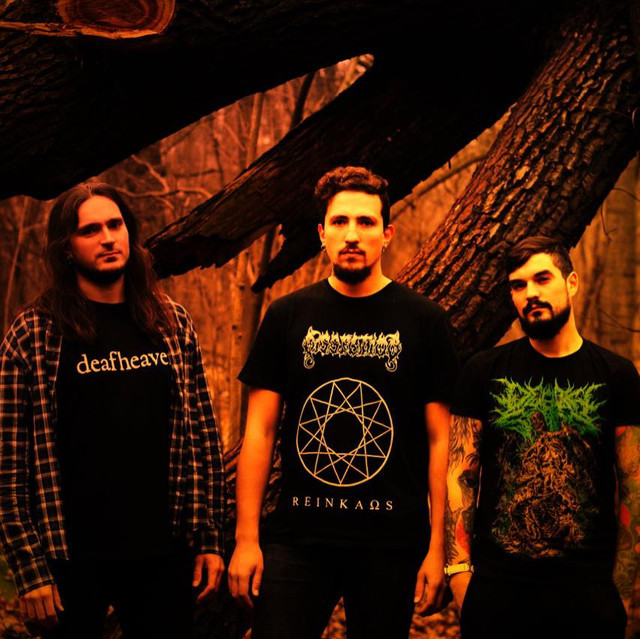
Thanks, so before we move on maybe you can share a bit more about yourself?
I am a musician and composer currently working on three different projects: Humaniac, Renunciation, and Issorophobia. Each of these projects explores different subgenres of death and black metal. I handle all aspects of the music, including composition, recording, and performance. While music is a passion, I try to keep my interests broad and not limit myself to one path. Although I majored in international relations, I’ve ended up working extensively in tech, partially as a data scientist. Recently, I’ve decided to fully pursue my long-time passion for piano and challenge myself to learn a new language.
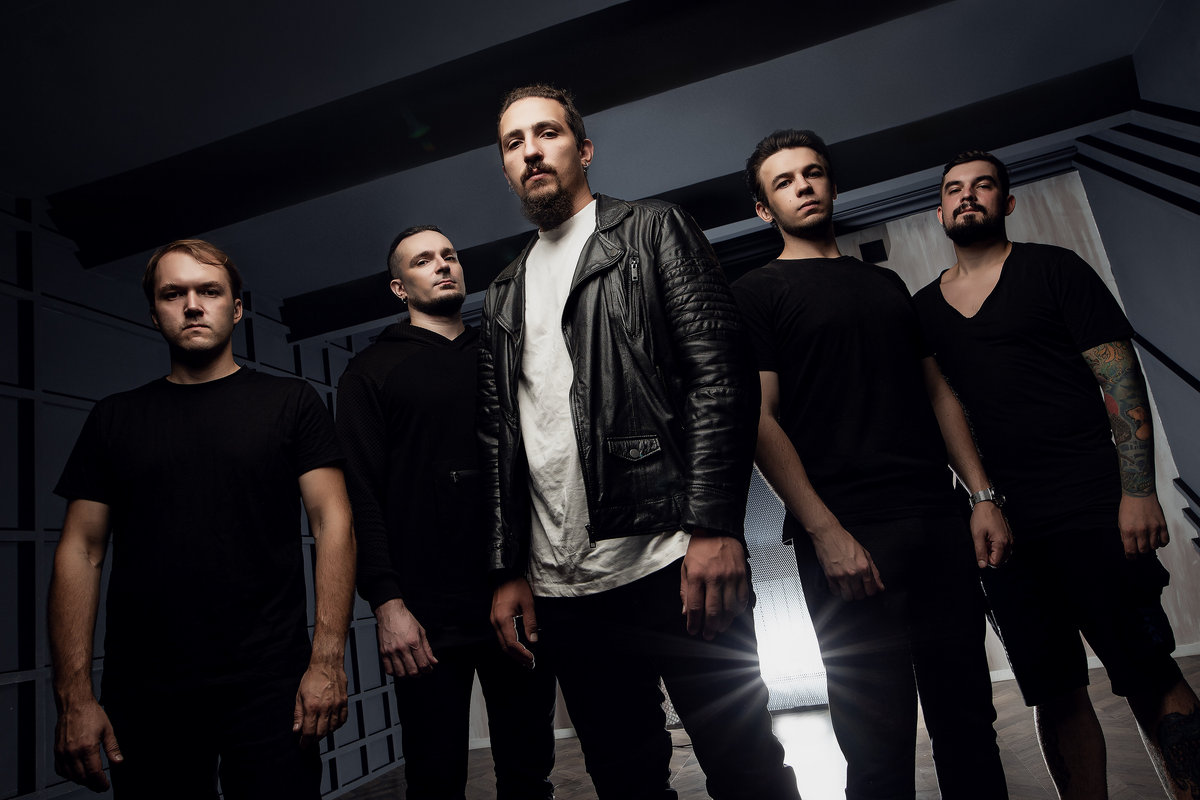
Looking back, what do you think were the three qualities, skills, or areas of knowledge that were most impactful in your journey? What advice do you have for folks who are early in their journey in terms of how they can best develop or improve on these?
I believe there are three key qualities that are essential for anyone working in the arts:
Commitment and the ability to work consistently over time. While inspiration can be a powerful driving force—and of course, it’s wonderful when it strikes—true progress comes from the ability to work steadily, even when passion ebbs. Unless you’re a genius, fleeting moments of intense enthusiasm can cloud your judgment and affect the quality of your work. I’ve seen countless people start projects with great excitement, only to stop halfway because they couldn’t sustain the required level of commitment.
Dedicated time for learning and experimentation. The variety of tools, techniques, and instruments available today is virtually limitless. It’s essential to carve out time to explore new instruments, approaches, and ideas. Always ask yourself, “What else can I try? What can I learn to enrich my music?” Many people shy away from this, and over time, it can hinder their growth as artists.
Seeking inspiration from genres or art forms far from your own. Every genre of music explores different aspects of sound and emotion. It’s crucial to step outside your comfort zone and draw inspiration from styles and art forms that are different from what you create. Cross-pollination of ideas helps expand your creativity and allows you to see music—and art in general—from new perspectives. No single style can fully capture the richness and beauty of music as a whole.
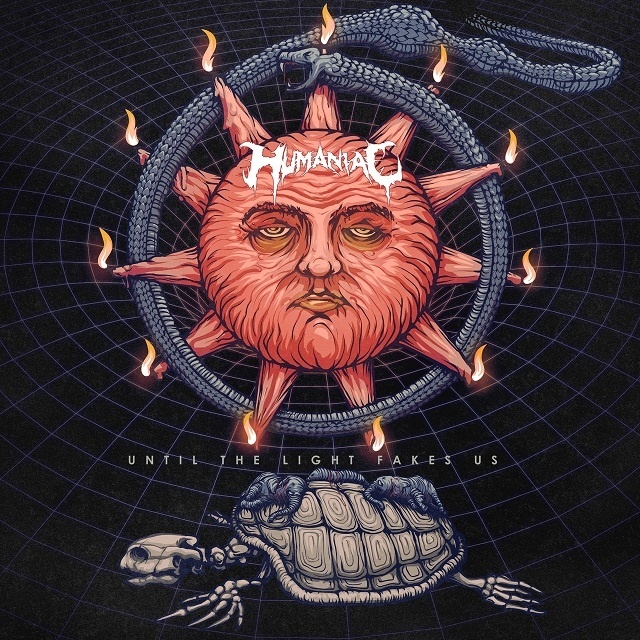
Is there a particular challenge you are currently facing?
My biggest challenge has been separating the artistic side of a project from the operational and management tasks. In reality, I’m not just working on a song; I’m working on a music product. This concept is much broader and involves many other aspects, such as team management, marketing, and logistics. For many years, I focused almost entirely on the artistic side, which didn’t yield the results I was hoping for. Now, I’m trying to give equal attention to the “non-musical” activities and to build a team around the project. Instead of being a solo musician who does everything on my own, only to run out of energy and drive for the operational side, I’m learning to delegate and manage these tasks better. This way, I can maintain focus on the artistic work without letting it be overshadowed by the management.
Contact Info:
- Website: https://linktr.ee/Humaniac
- Instagram: https://www.instagram.com/humaniac.band/
- Facebook: https://www.facebook.com/humaniac.band
- Other: https://open.spotify.com/artist/4XB5IeUsMgHqkIgu5yDTqE
https://humaniac.bandcamp.com/
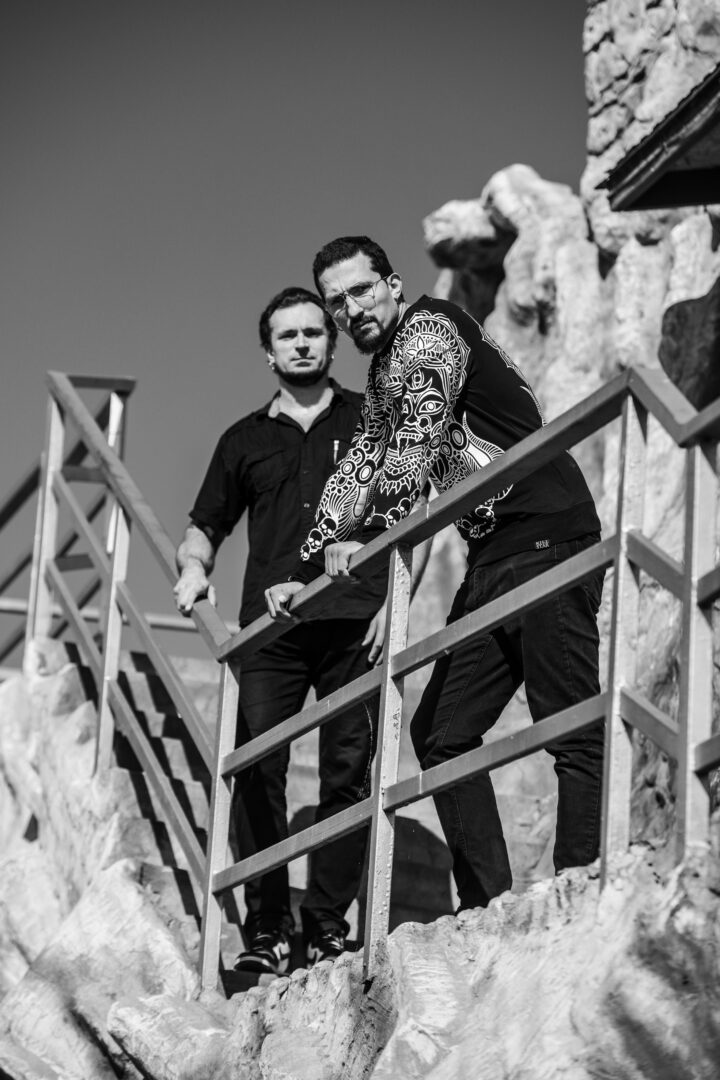
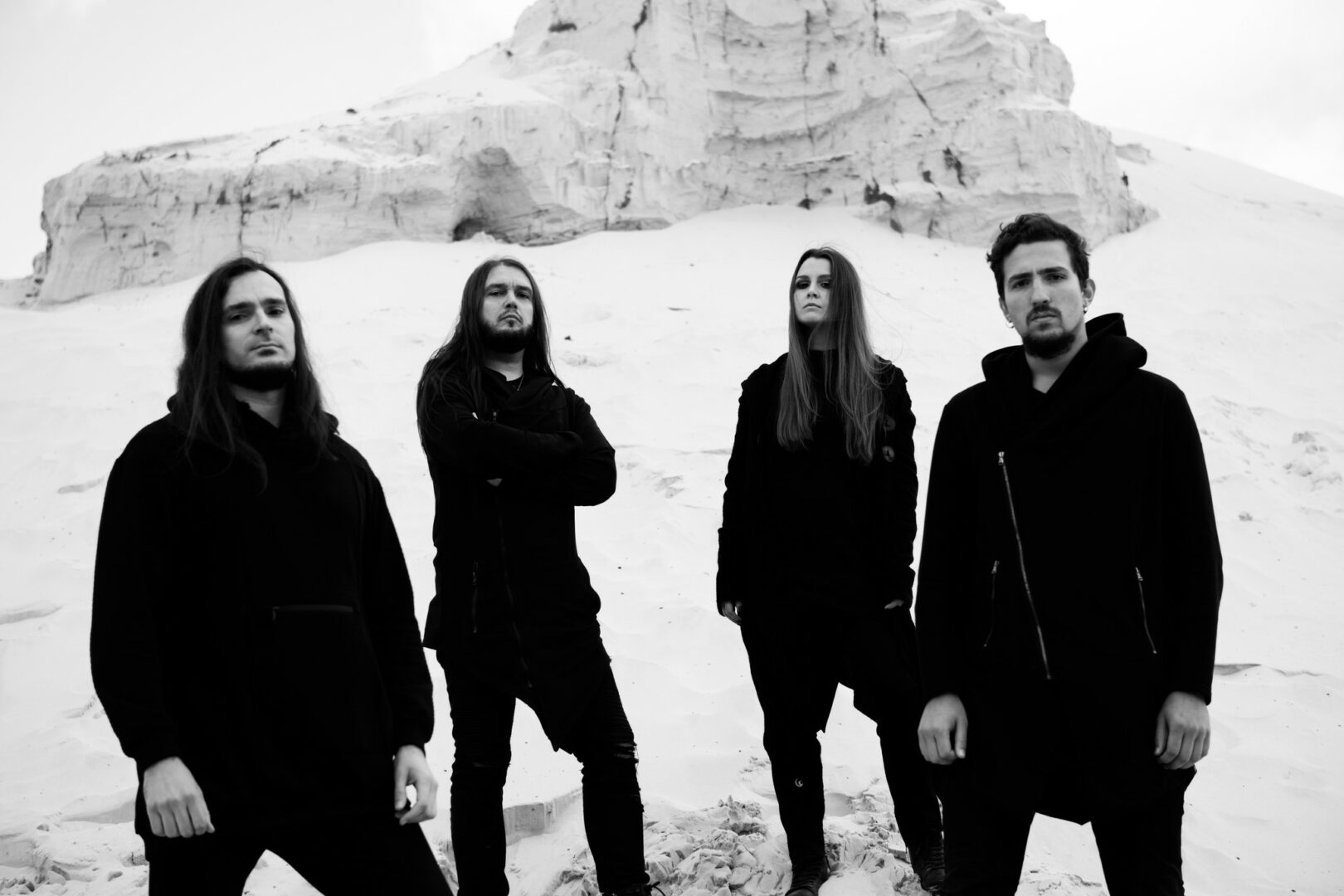
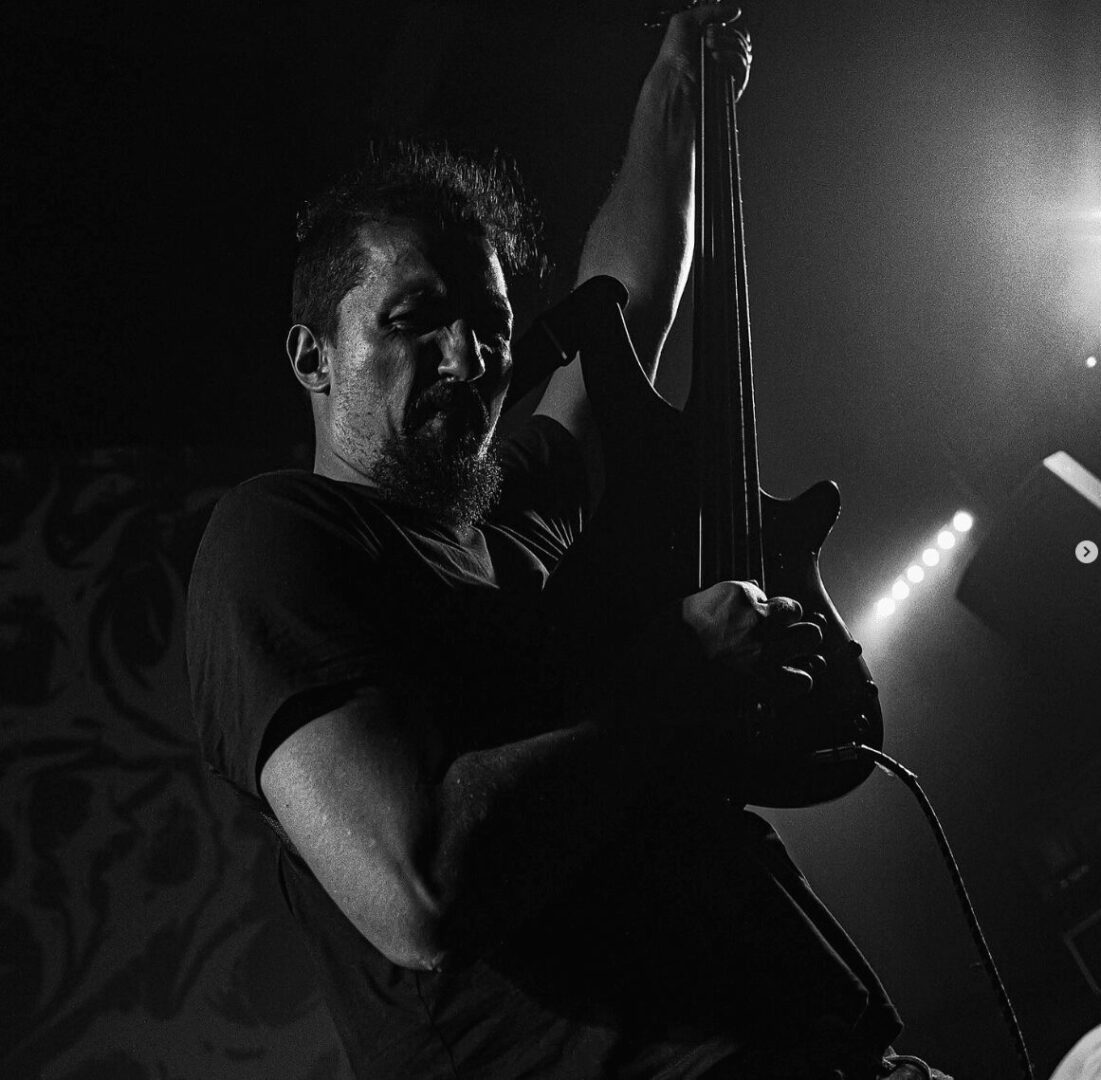
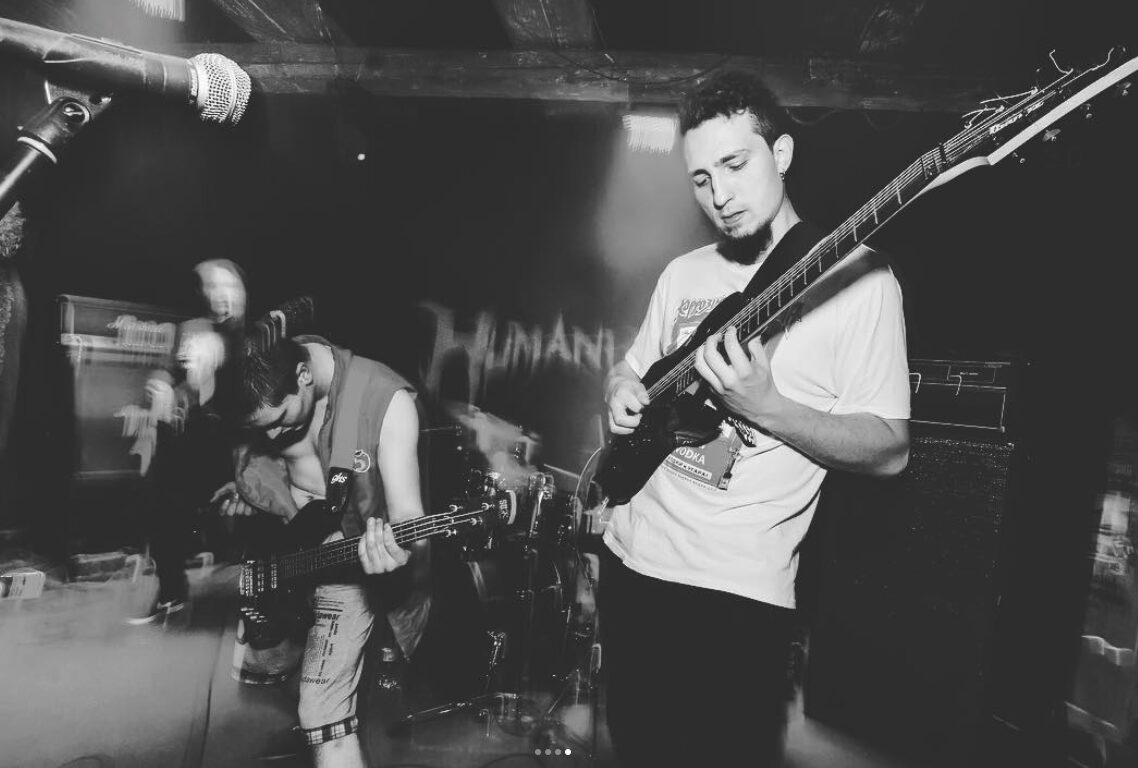
so if you or someone you know deserves recognition please let us know here.

